Introduction
Although many French people practice catholicism, France is a secular state. Secularism is a fundamental principle of La République Française, and has been affirmed since the French Revolution. The Declaration of the Rights of Man and of the Citizen, established in 1789, declares that all French citizens have the right to freely practice their own religions. The Ferry law, established in 1882, made school mandatory for all children and all public schools secular. Though France has not officially collected data on religious affiliation since 1972, it continues to maintain a strict tradition of secularism today.
Religion at school
One of the first ways secularism manifests within French society is through the school system. No school under government contract can make religious classes mandatory, regardless of if they are public or private. Schools are only able to provide religious classes if they are outside of the government contract, but courses still need to be approved by The French Ministry of Education (L’Education Nationale). The French Ministry of Education is in charge of the preparation and implementation of government policy for youth within and outside of the school environment.
Schools can give religious courses to students who want them, but they cannot be made mandatory for all students, and all courses must be approved by the Ministry of Education before they are implemented. Students are also banned from wearing any religious symbols at school, such as crosses, the Star of David, head scarves, etc. Even though the purpose of this ban is to guarantee religious freedom at all schools across France, it has created a great controversy, because the ban has mainly affected Muslim students who wear head scarves. The rules at French schools greatly contrast with rules at American schools, as private schools in the US are allowed to offer mandatory religion classes and students are free to wear religious symbols to school.
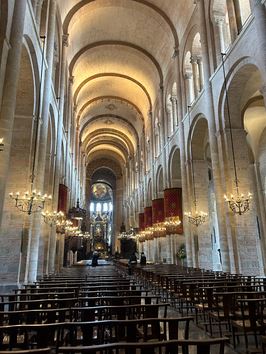
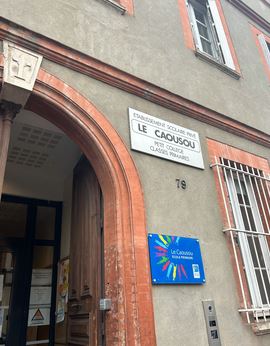
Secularism and inequalities
Secularism is a subject that seeks to separate state and religion, but as for the religious part which is made as a private domain by freedom of expression, it seems that it favors one side of the argument rather than the other. This “favored” side of religion that is referred to is Christianity, and on the other side is Islam or any other religion that does not conform well with French history.
As we have just seen, secularism exists in public schools, but even there one can find religious inequalities when it comes to school meals. During the period of Lent for Christians, it is common not to have meat served in the canteens, especially on Fridays when mostly fish is served. However, there are never halal options at any time of the year for Muslims, who nevertheless have stricter dietary practices.
Apart from school canteens, in the professional world, the vast majority of businesses are closed on Sundays, a traditionally sacred day of rest for Christians, when they should not be working. While for Muslims, the day of prayer is Friday, and for Jews, this designated day is Saturday. A day when almost all businesses are closed is good for those who work since they have a day off, but for those workers who do not observe Sunday as a day of rest, it does not make sense and they are asked to work on the day when they should rest according to their religion. Although secularism is supposed to be neutral in its policies, it contains flaws that are or are not always obvious and it must be taken into consideration that this separation between state and religion is rather contradictory as a whole.
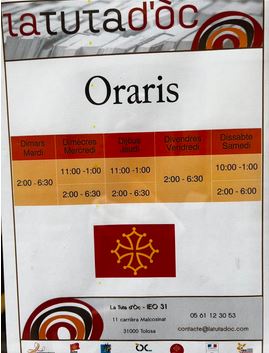
Religion as an enduring historical component of French society
The concept of secularism is seen by many as an essential part of what it means to be a French citizen. This means that there is no religious involvement in government affairs and public spaces. However, Catholicism was once the state religion of France and continues to be the primary religion of French society, where almost 48% of people consider themselves Christians. Many Catholics believe that the Church helps maintain traditional family values, authority, and a sense of moral order in society. Religion has been part of French culture for so long that it is difficult to erase it from society. France has 100,000 religious buildings. Of these, 45,000 are Catholic churches, and 3,000 are Protestant places of worship. France was built on religion and therefore traditions and family values come from religion. Culture and religion have co-existed for so long that they are integrated into society. It is understandable that many people of different religions disagree with this, however, they must understand the deeply rooted culture that the religion has been a part of.
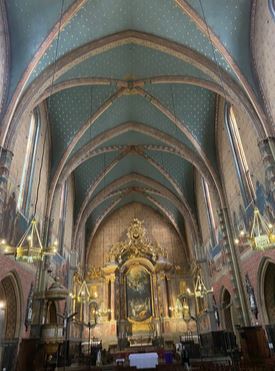
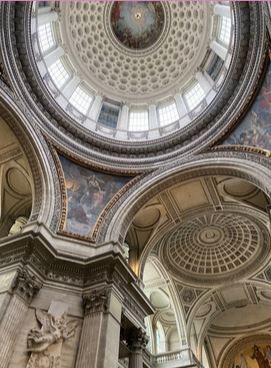
Conclusion
Despite keeping religion separate from the public space, it is difficult to maintain complete secularism without any complications, and this is visible on a daily basis in French society. Private schools still use forms of religion and follow Jesuit and other curricula, and religion is rooted in French culture. Historical Christian religious affiliation can be at odds with the French notion of secularism, and the diversity of religions that exist in France today challenges the notion of secularism that the state tries to maintain.
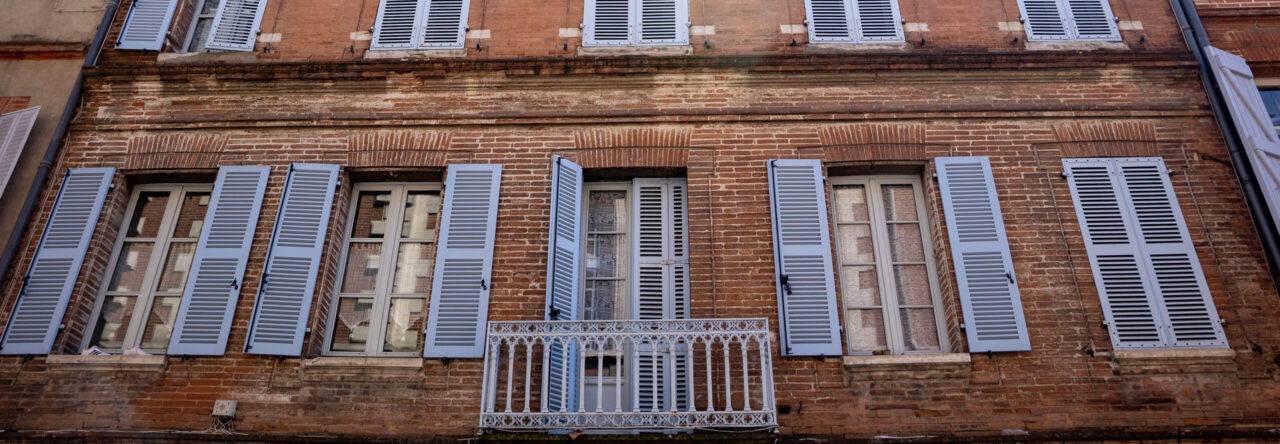
Leave a Reply